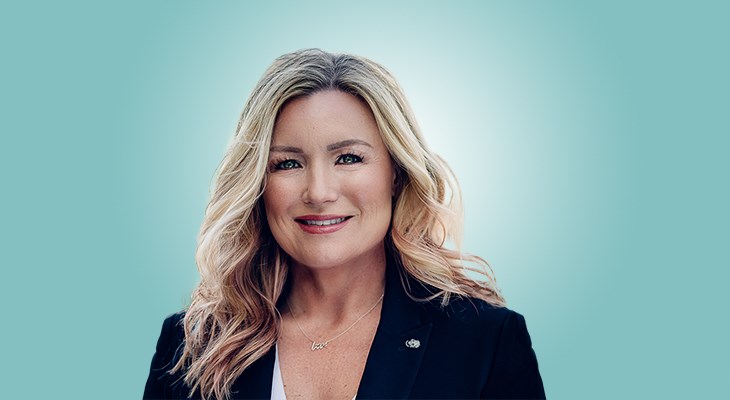Christy Brown has had multiple entrepreneurial journeys. For each, there are three common factors that ultimately led to the sale of each.
"One was typically I was looking for a strategic partner for growth, or I was looking for capital, or I was looking for a personal exit through an earn out," Brown, now CEO of Dr. Noze Best, said during the Atlanta Smart Business Dealmakers Conference. "In all three scenarios, those were my primary drivers. Capital was intensive in each of the businesses I've ever founded, including the current one I'm in, which is hardware technology. And in each scenario, strategic partnerships made sense."
She says she thinks about succession planning very early on in a venture.
"The fact that I'm thinking with the end in mind is priority for me," she says. "I know exactly where I'm headed. We have gates to get there, milestones that we're going to hit. And I can articulate that to anyone that looks under the hood at our books or anything forward that makes an investment. Having that aligned and the right team members that speak the language maybe where I have blind spots is also critical to the business. And that's just part of succession."
While doing deals can be compared to a marriage, she says it can also be like a divorce. The first deal she did she says she had a wonderful partner that led to a great exit, which was spurred by the desire to move the business out of state. But the fourth transaction she did she says was very uncomfortable.
"I sold to an acquirer, I had an exit, we were just not on the same page," Brown says. "We moved the transaction way faster. And so, the emotional turmoil as the founder — and keep that in mind, I mean, these are our children as we build these companies, and so there is a slight connection. And although I see things very black and white, when you get into a transaction like that there is no preparation you can make for the emotional distress."
Through her personal experience, as well as her experience counseling others who are working through a transition, she says she understands the value of taking care of yourself during a transaction, which could take as long as 24 months to complete.
"And I can't stress enough thinking with the end in mind," she says. "Who needs to be on your team to support you? What does that look like? And how do you articulate to yourself every day when you wake up at 3am? As a founder, we just wake up with, Oh no, we forgot something? How do you now have a companion to articulate that to along the journey of exiting and thinking who's your therapist along the way?"
When selling a company with the intention of remaining with the new entity post sale, Brown says earnouts can be painful, but it depends on how they're structured.
"My last deal took a long time," she says. "My earnout was four years. I knew exactly what dates we had to hit. But had I thought about culture and had I thought about the impact on my team beforehand and bringing them in and what I suspected my ratio of loss of my top performers were going to be dragging them into a new company that didn't meet our culture, had I done the exploratories ahead of time, and really understood it wasn't a fit, I probably wouldn't have done the deal. And so, having, typically, the mediator and the attorney at the table who complement both businesses to help really structure a deal that's comfortable, but also being intuitive and strong and voicing enough about what you have to have on the table as the founder for your company is a necessity. Earnouts can be great. They can also be incredibly painful."
Citing the statistic that less than 20 percent of founders stay through the end term of their earnout, she says it is really important to understand that the situation can be very uncomfortable.
"When cultures aren't aligned and you lose your top team members, it becomes less of a gain over the earnout period of something like four years if you're stuck," she says.




